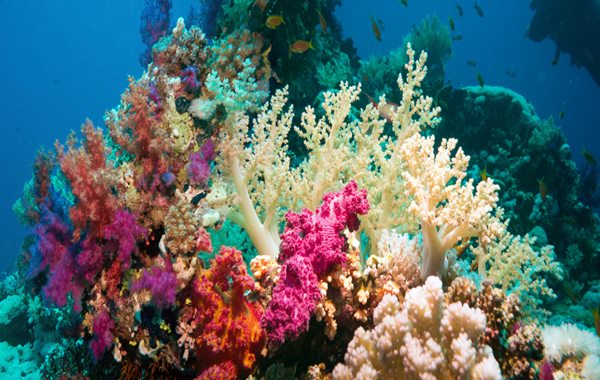To maintain the ecosystem of the ocean, coral reef plays a very important role. But some natural disasters like hurricanes, etc. have destroyed them. Sine some few years their numbers have started falling. Coral reefs have greatly affected by CO2. A few days back, UNESCO also informed that uncontrollable emission of CO2 would lead to extinct of the coral reef by 2100. Some researchers also said, with the increasing rate of global warming, coral reef will disappear from the earth by 2050.
Since some few years, scientists are trying to develop some ways to save coral reef. Professor Madeleine van Oppen’s work at the Australian Institute of Marine Science and the University of Melbourne and her team has come with a novel idea to save coral. They are now trying to develop hybrid coral reef that can live under high temperature. She named it as assisted evolution. Her team is now cross-breeding coral reefs with other species living in a warmer area which will develop hybrid coral animals, and they can survive under higher temperatures. Leela Chakravarti, one scientists in the team, took the algae through eighty generations in the lab increasing the heat level in each generation. Now the last generation can live at 31 degrees Celsius.
On the other hand, some researchers have developed another way to save coral reef. They called it as genetic barcoding. This method determines the population of young fish larvae in a coral reef system. It will further help the scientists to understand which species of larvae are present in the water around reefs. As per the report, these young fish larvae can help the researchers to know more about the population of adult fish and can examine the ecosystem of coral reefs.
For this scientist used a vessel from Interuniversity Institute for Marine Sciences and sampled larvae twice a month in the Red Sea’s Gulf of Aqaba. The researchers conducted the study by collecting 10,000 larvae in 400 samples. Then the team created a database bar-code for comparison. Well at the end, the researchers able to create a database for around 420 species of fish or 80% of the main fish species known as the reef. This study was published in the journal Nature.
